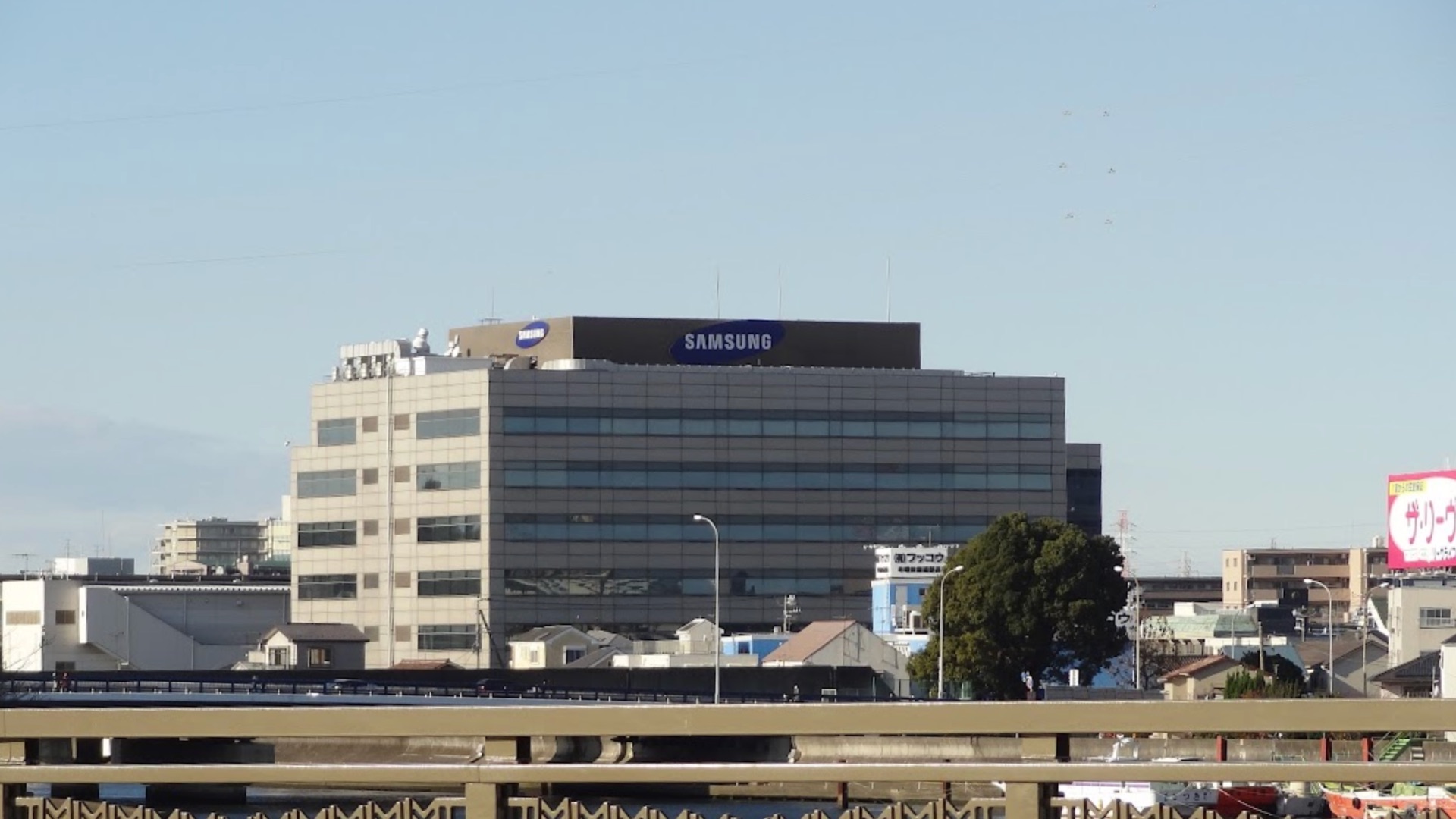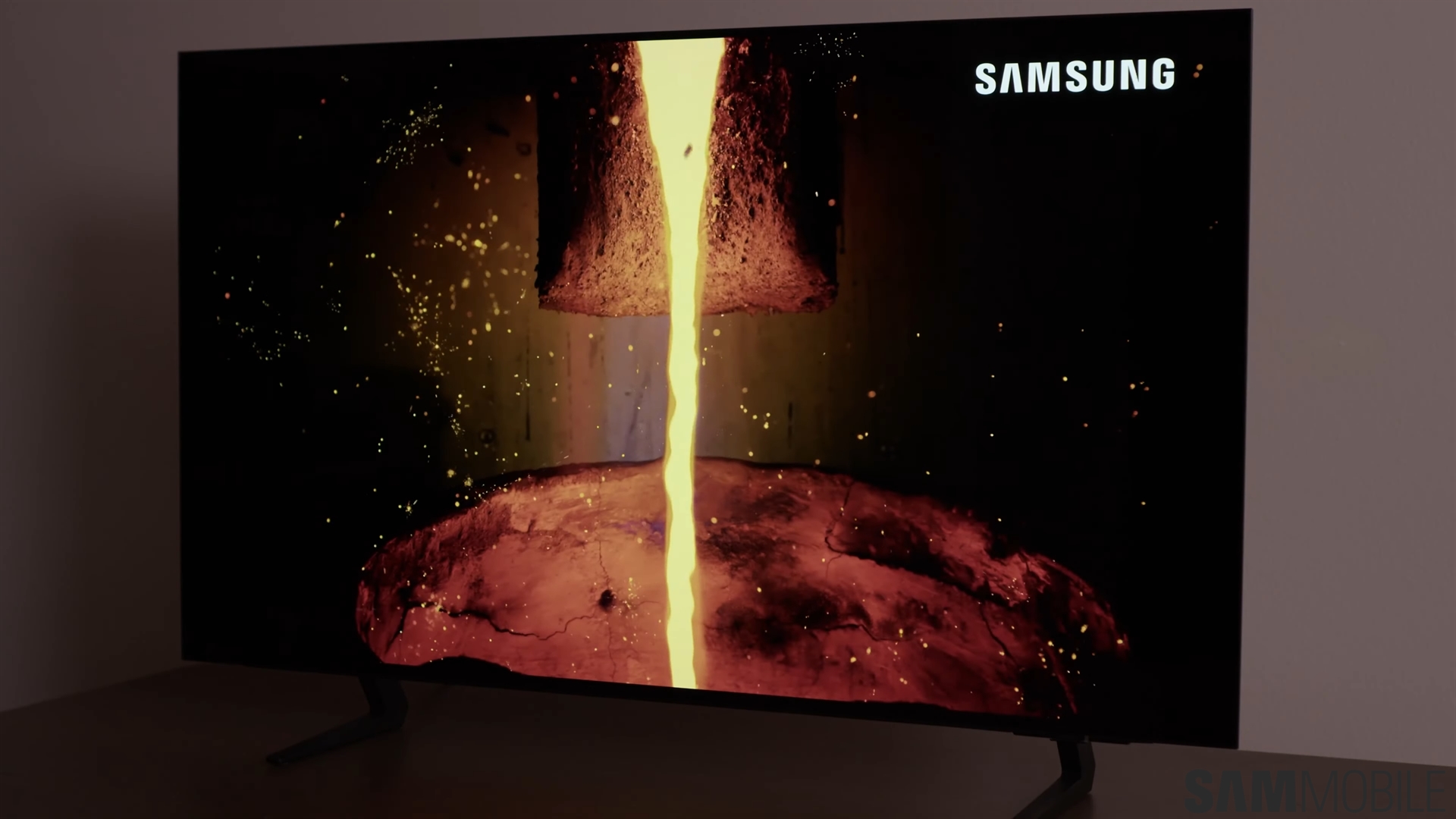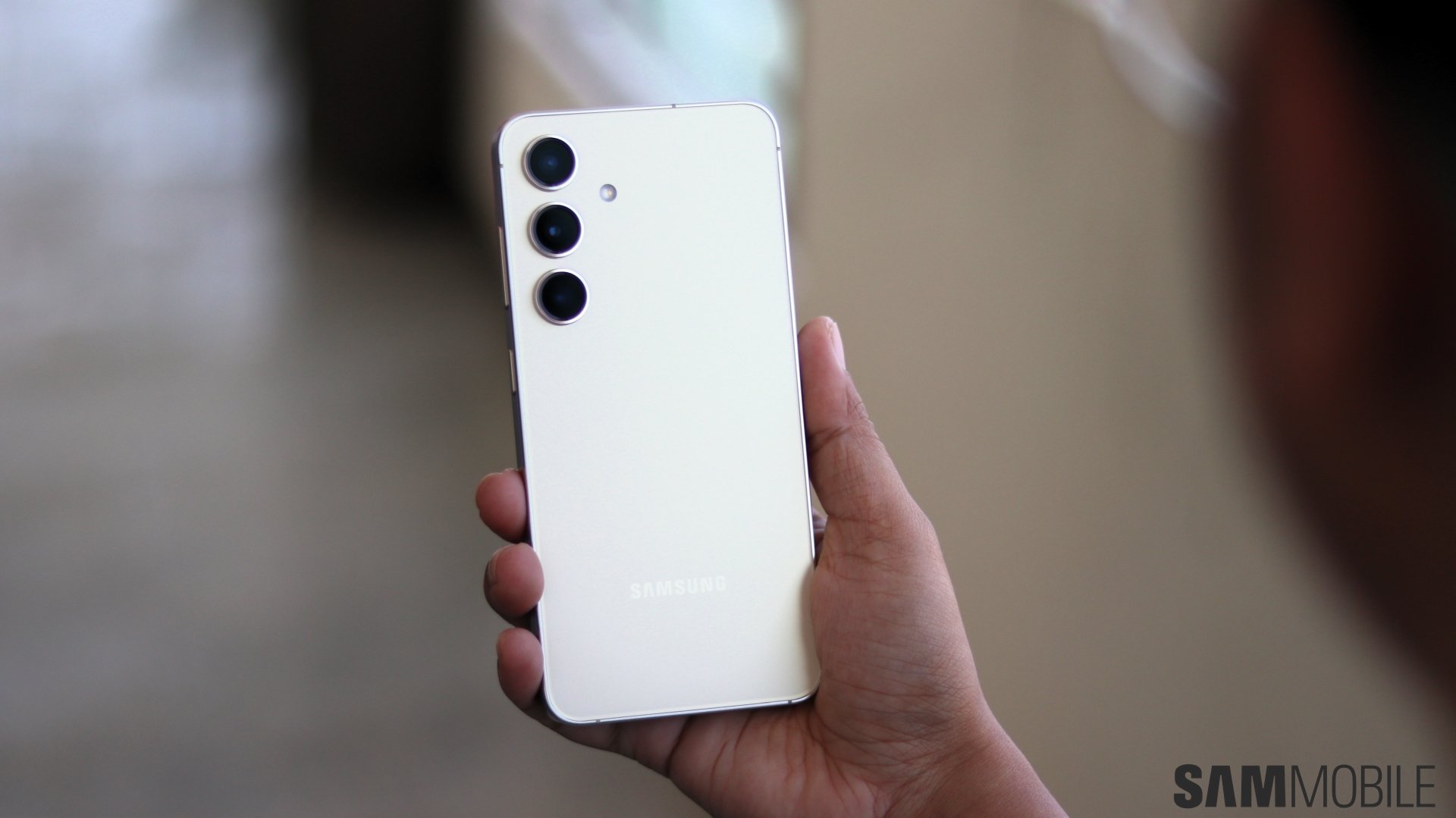
This new chip development facility will cost over JPY 40 billion (around $289.5 million) and will be built southwest of Tokyo, where Samsung R&D Institute Japan is already situated. However, the development unit will function separately. While details are unclear, Samsung will build a production line for a prototype semiconductor chip device and focus on the backend of chip production. It will employ several hundred workers and will start functioning sometime in 2025.
Samsung wants to work closely with chip material and equipment makers in Japan
Usually, companies focus on the front end of chip production through extreme miniaturization of transistors and electrical circuits. However, several experts believe there is a limit to that process, and the focus will shift to the back end of the chip production by stacking multiple layers of wafers. Japan is a top producer of materials and equipment required to manufacture semiconductor chips, so Samsung wants to work closely with material and equipment makers in Japan to achieve a breakthrough in the chip production process.
Samsung could get tax breaks and financial incentives worth JPY 10 billion (around $73.6 million) that the Japanese government is offering to firms looking to invest in the semiconductor chip space. Japanese Prime Minister Fumio Kishida and South Korean President Yoon Suk Yeol are working to spur collaboration between chip firms from their respective countries. Yoon visited Japan in March 2023, while Kishida visited South Korea last week. Next week, they are scheduled to meet again on the sidelines of the Group of Seven summit in Hiroshima, Japan.
Samsung's primary rival TSMC also invested in Japan in 2021. Japan was once the global leader in the memory chip segment and is trying to rebuild its presence by attracting foreign investment. Apart from TSMC, American memory chipmaker Micron has also invested in Japan and received tax incentives.
















